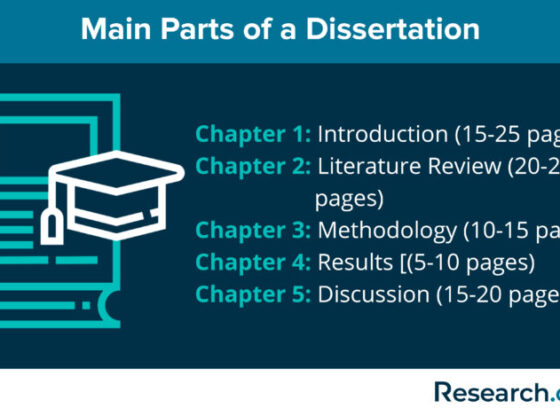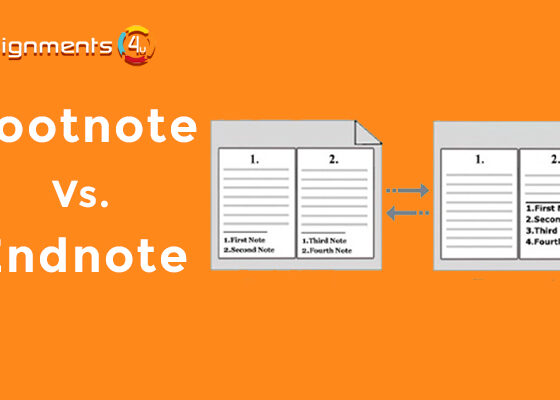Why Write People-Centric Content, and What Impact Can It Leave?
It’s not a hidden fact that your audience defines real marketing, keywords, and rankings. As far as building trust is concerned, there are no shortcuts. It automatically adds value to the people who support your brand. If you write people-centric content, you get many benefits.
Many Internet marketing and content writing agencies by reputed agencies revolve around beating an algorithm. Connecting with an audience and adding value to people have been placed on the side burner. What will be your stand when someone resonates with you about something and would benefit from the things you have to say when leaving no stone unturned to solve a problem?
But it is well understood that you can’t ignore the algorithm. How can you pledge your allegiance to it to leave your audience in the lurch? SEO-based content ranks easily, but that does not mean you ignore your readers’ prospects. Apart from writing people-centric content, marketers should also be aware of the power of human-centered content.
Why write for the people instead of search engines?
A recent study by SEMRush looked closely at 600,000 keyword phrases and how they ranked on Google. The result gave a startling revelation that 18% of the sites that ranked in position 20 or higher on Google had no keywords in the text at all.
Another vital point that crops up is: why are you trying to “beat” the algorithm in the first place? Also, keep in mind that creating valuable content will rank you higher on Google and in the minds of your audience as well. Understand the fact that audience engagement outranks keywords every single time. It leads us to why it’s better to write for people, not search engines.
It’s crystal clear that content written for Google over people won’t just make your ranking stagnate but actively hurt the loyal human readers. We may say, in other words, that the content that ticks every technical box, possible but utterly fails to educate or inspire, will do no miracles for your organic rankings.
As a result, people will fail to engage with your content, fail to share it, and fail to interact with your website. All of which will see your ranking taking a nosedive. To know how to write for human readers—the people and not for the search engines, make sure that your content provides value to your readers. Not only the implied value but also the actionable and meaningful value ensures tangible outcomes.
A new approach to an age-old problem should be provided, or a simplified way may be adopted to achieve the same results. And your content will be devoured by your audience, to your utter surprise. Hoarding knowledge and advice in the hopes that secrecy will compel conversions later in your business has become a thing of the bygone era. The concept has changed over the years. Now the appraisal of a successful business or marketer is measured in terms of the value that is provided to the deserving target groups.
It would help if you took it from a different perspective. Instead of taking free value as giving away information, the process should be viewed by you as developing your reputation as an industry leader. Take, for example, the following pieces of content:
- How do you create content for every stage of the buying funnel?
- How do you optimize your content for voice search?
- How do I measure page speed?
- How can video marketing improve your Google rankings?
Let’s find out what they all have in common.
It doesn’t come as a surprise that creatively written people-centric content offers the promise of a simple and actionable guide to achieving a clear and defined goal. You might have the notion that you don’t provide anything of value. But if you put them in your audience’s shoes, you will find that they are not experts like you. Something that seems commonplace to you may provide a new perspective that has never come to your audiences’ minds. It may turn into a how-to guide and take you an inch closer to writing for people and not for Search Engines.
You may Also Like: Tips to Keep in Mind Before Hiring a Content Writing Agency
Should we write content for people or search engines?

Two things are common in all high-quality content pieces in written form: they offer real value to the reader, and, each is well-written.
Google (or any other search engine) doesn’t need us to write content specially designed for it. Google serves its users, and it wants to be served as well by the content. If good content is written for people, Google will reward them, but here comes the difference. The same does not apply to content that is strictly written for search engines.
Google’s John Mueller, in his 164-page document, has given guidelines that don’t talk about what Google considers good content. It also points out the qualities of bad content.
Here are the most critical factors related to quality page rating:
- The purpose: Figuring out its purpose is the first step in understanding a page;
- Expertise and trustworthiness: An essential and inseparable quality that makes learning the reputation and credentials of a specific piece of content not hard to achieve;
- What should be the paramount content quality and amount: The rating should be fixed based on the landing page of the task URL;
- Website information: It’s imperative to find information about the website and why people visit them
Final Thoughts: How to Write People-Centric Content
The equation for success in the foreseeable future is simple. Only you need to create content that the audience truly wants to consume, and you will be destined to see success in the SERPs. That makes it clear that you need to focus less on keywords. You are no longer focusing on SEO best practices. All marketing activities will need to cater to the high-quality expectations of attention-bound audiences. So, the time has come to stop creating thin content with keywords in mind.
Think about how to bring about a drastic improvement in content creation strategies to fulfill the set purpose. The time has come for cash-rich dividends. You have ample scope to write for people and not for search engines because Google still rewards you for writing content with exclusive readers in mind. Give it a try to find out how this perception brings about a laudable transformation. Write a people-centric content example.












